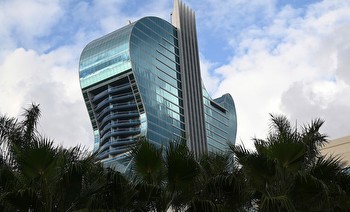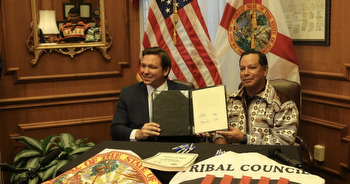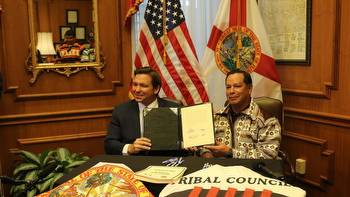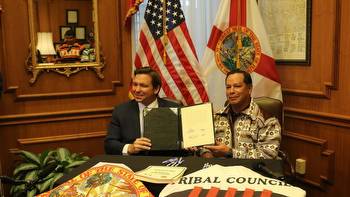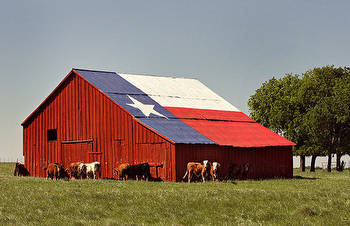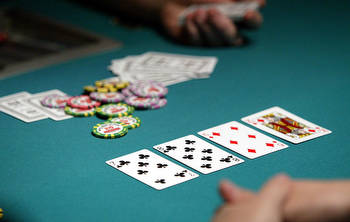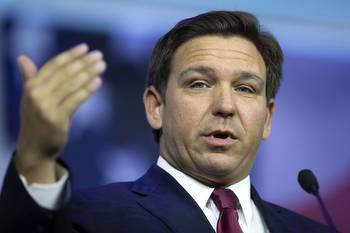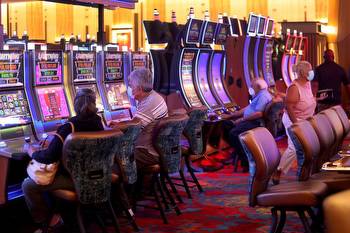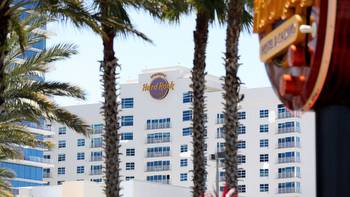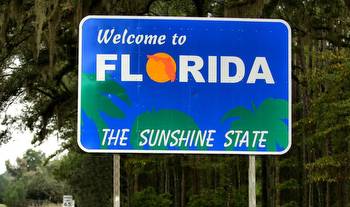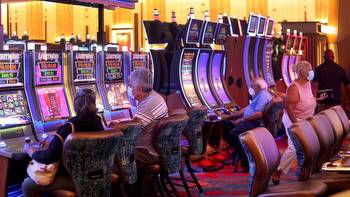Florida Case Debates What Is Typically Found in a Casino

The verdict in the Florida Supreme Court sports betting case could all boil down to the phrase “typically found in casinos.”
West Flagler filed its response brief in the state court case on Tuesday and most of its argument centered on Amendment 3 and its phrasing “typically found in casinos”. Amendment 3, passed in 2018, requires that any expansion of gaming outside of tribal lands requires a voter referendum.
As West Flagler’s argument noted, at the time the amendment was voted on, sports betting was already a hot topic of discussion. Accordingly, both those in favor of and against Amendment 3 spoke about it as something the amendment would cover during oral arguments about the exact ballot language.
The state argued that sports betting did not meet the definition of gambling “typically found in casinos” on many fronts, including that in 2018 it was not typically found in casinos outside of Nevada. West Flagler challenged the idea that the phrasing of the amendment should be restricted to what was considered gambling at the time and, as noted, argued that the intent of the language was to include sports betting.
West Flagler also revisited the compact itself, arguing that the state is using circular logic to justify the inclusion of online sports betting in the deal.
“Respondents are thus caught in an inescapable trap. The only way to expand casino gambling under state law is by having that gaming authorized through an IGRA compact, but under the D.C. Circuit’s decision, such authorization of off tribal-lands gaming is not possible under IGRA,” the response argued.
The DC Circuit Court did rule that the federally-approved compact can only include gaming on tribal lands but that the state has the right to reach other arrangements with the tribes regarding gambling expansion like offering online sports betting. West Flagler is arguing that piece of the agreement needed to be taken not just to the legislature but to voters for approval.
Finally, the response reframed the timing of the petition to the state court. While the state suggested the multi-year gap in action from West Flagler rendered the quo warranto request too late to act on, West Flagler pointed out it waited a mere seven days after the final Circuit Court decision before filing with the state.
The response also addressed arguments raised by the Seminole Tribe of Florida in its amicus brief about defining the location of the server as where a bet is taking place. The tribe cited several other states where that construction exists. West Flagler countered that none of those states invoked that model to allow something that was explicitly illegal to be legal.
The next step is for the Florida Supreme Court to act. According to legal expert Daniel Wallach, the court has four options:
- Grant the quo warranto request
- Deny the quo warranto request
- Ask for oral arguments
- Transfer the case down to the circuit courts








